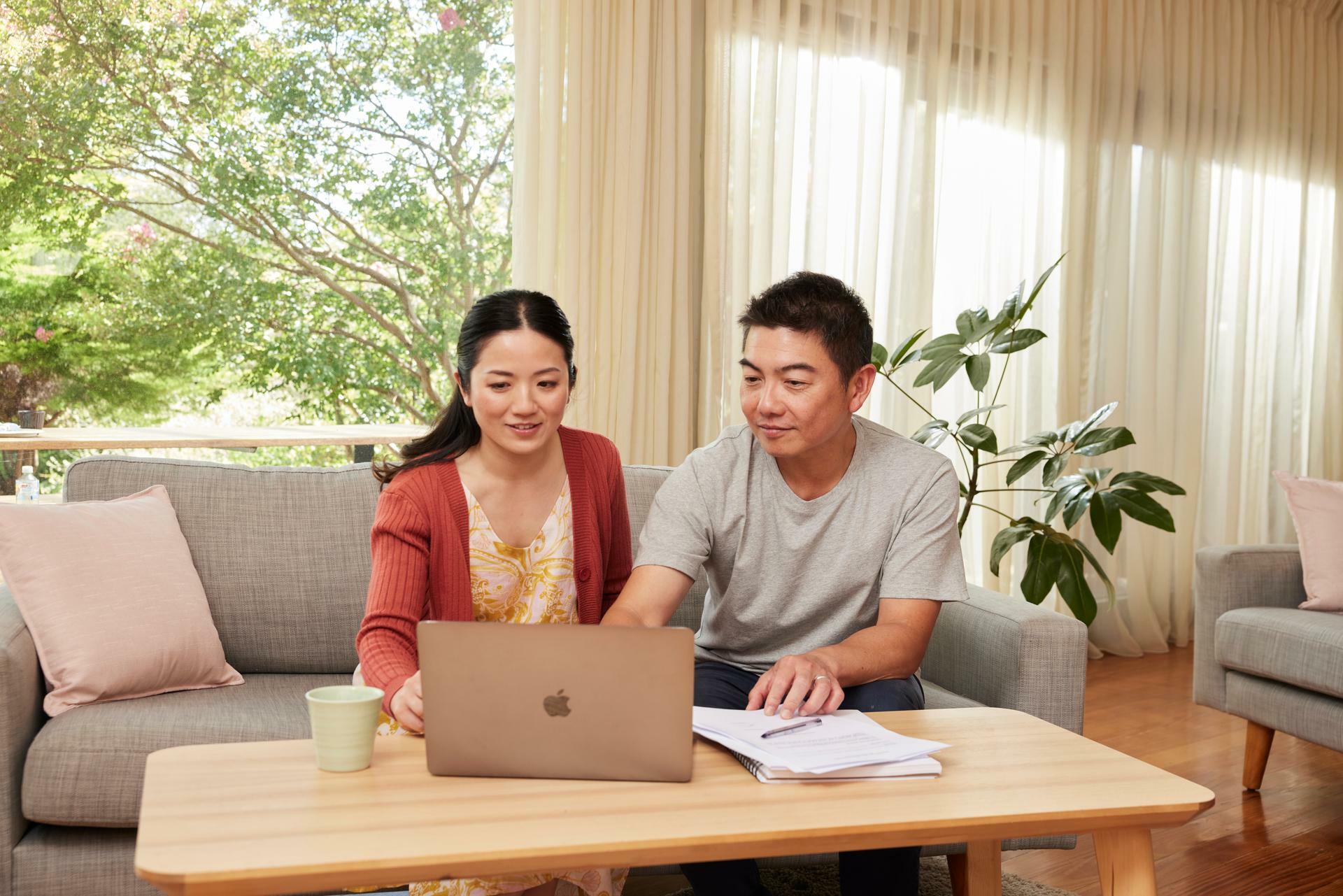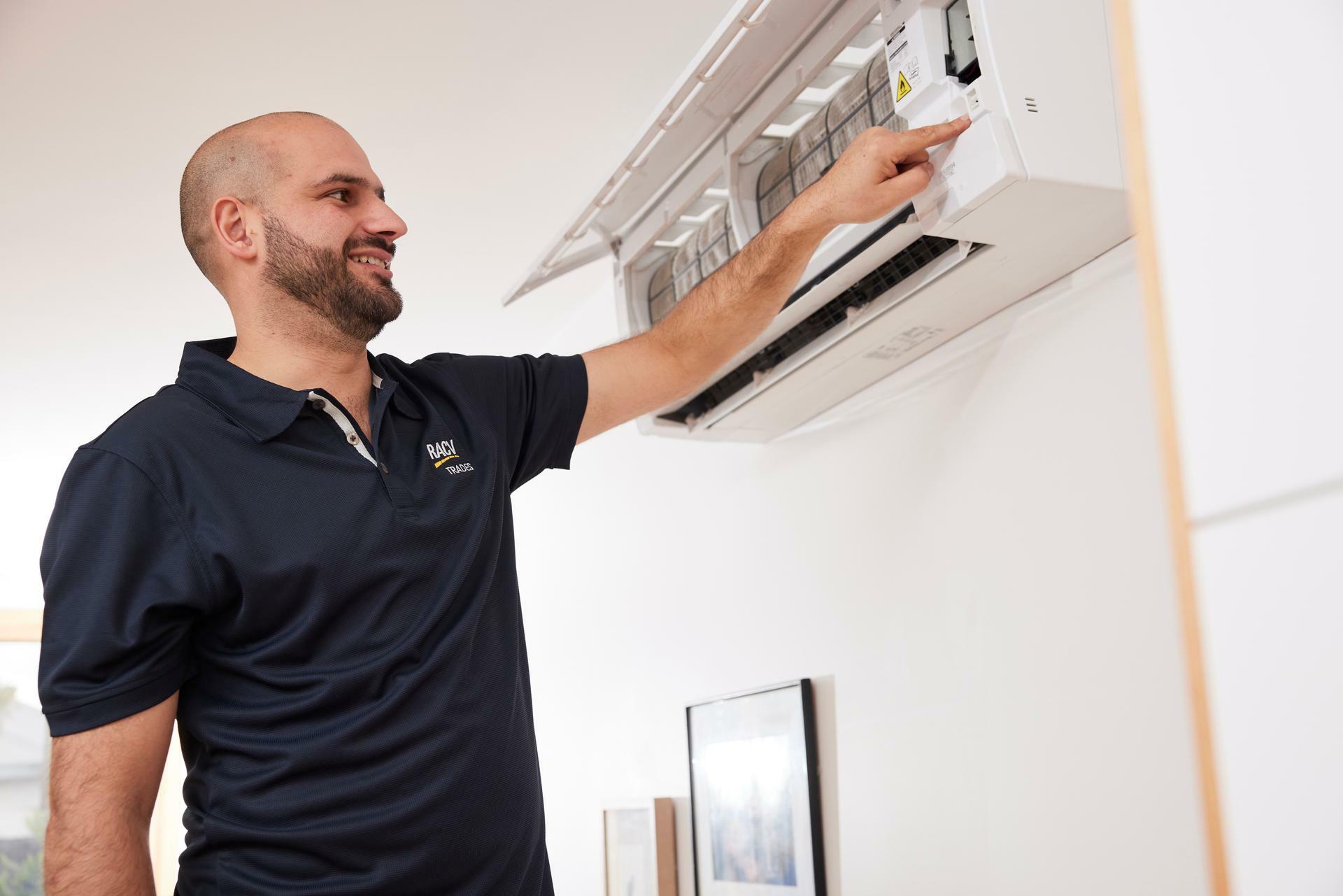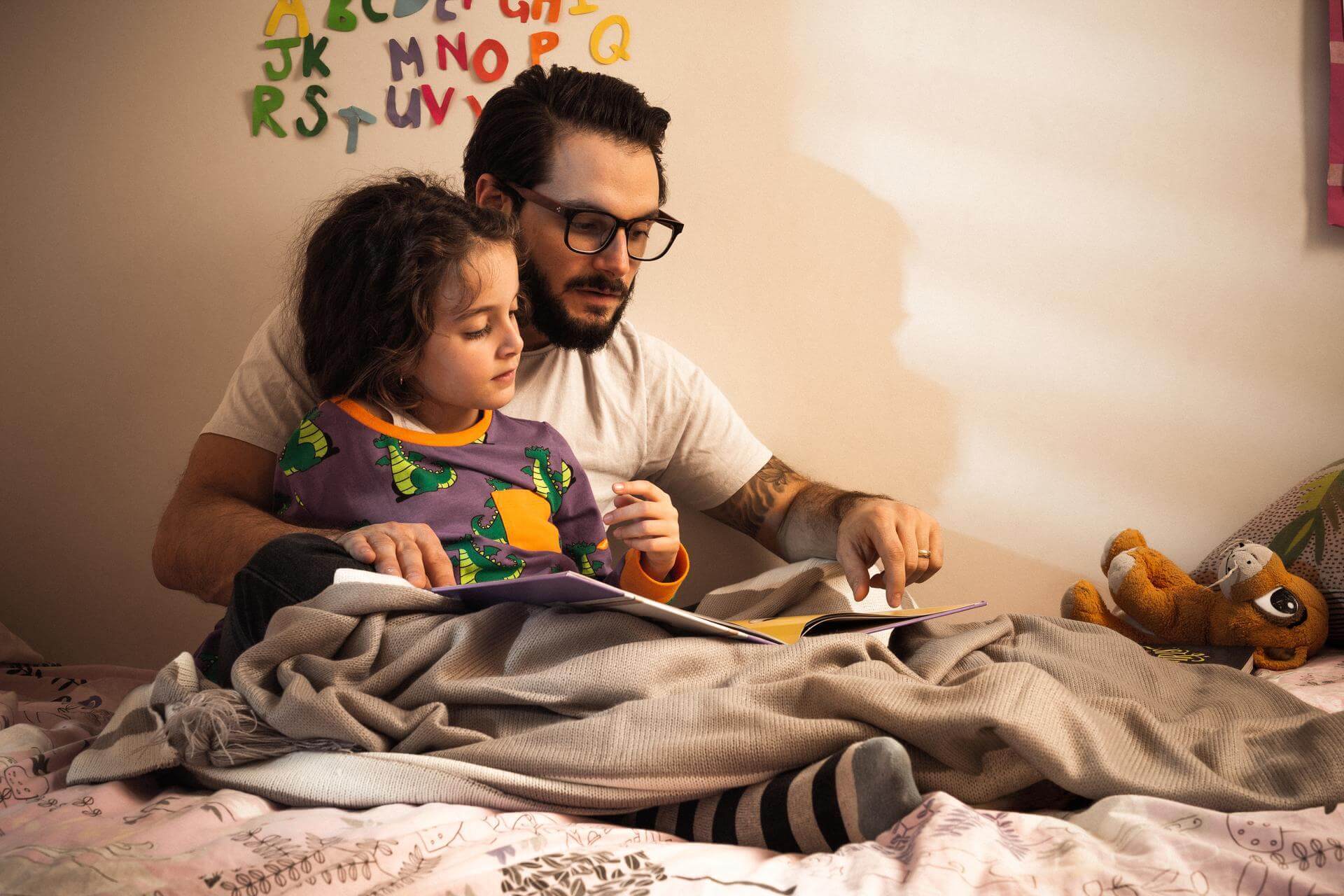With the average Australian home built around 20 years ago, many Aussie households are inefficient and expensive to run. According to the Climate Council, the average Victorian home could save over $2000 a year on their energy bills by upgrading the energy efficiency of their home.
So, what is energy efficiency?
Energy efficiency 101: What you need to know
Energy efficiency is all about using less energy to maintain a comfortable home.
An energy efficient home uses less energy for things like heating and cooling, hot water, lighting and appliances, helping to reduce energy bills while minimising energy waste and lowering your carbon footprint.
Top 5 benefits of energy efficiency

1. Save money
The more efficient your home, the less energy it will use and the less you’ll have to buy from your power company. This is the one of the best ways to bring down your energy bills.

2. Reduce your carbon footprint
Household carbon emissions are the fifth largest contributor to Australian greenhouse gases, and energy use accounts for a large proportion of a household’s carbon footprint. By reducing your energy use, you’ll reduce your overall emissions.

3. Get a healthier home
Studies have shown gas appliances, like cooktops and heaters, can be a major source of indoor air pollution, even contributing to childhood asthma. By upgrading to efficient, electric alternatives, you could not only save money but eliminate the health implications associated with using gas too.

4. Increase your property’s value
A more efficient home is a cheaper home to run, which will appeal to future buyers. Solar panels, for example, are very desirable for buyers. And, with a 40+ year lifespan, can add value to your home whether you plan to be there for months, years or decades.

5. Enjoy a more comfortable home
A vital part of energy efficiency is minimising energy waste. Improvements such as insulation, window glazing and draught proofing create a barrier between the inside and outside of your home. This can reduce your home’s vulnerability to outside conditions and stop energy escaping, keeping your home warmer in winter and cooler in summer.

Investment vs payoff
While most energy efficiency upgrades come with an upfront cost, ranging from minor to more substantial, energy efficiency is all about sustainable, long-term payoff.
Depending on the condition of your home, some improvements, such as draught proofing, can be implemented for a relatively low cost and DIY installation. Other improvements, like solar panels, cost more upfront but can deliver greater savings over the long run.
According to the Victorian Government, the average household can save between $120 and $1100 a year on energy costs depending on the upgrade.
Where to start
Improving the energy efficiency of your home can feel like a daunting task, especially in older, less efficient homes which need more upgrades. For most, it’s a gradual journey.
Unless you're building or renovating, many start with a few big-ticket items, such as improving insulation or installing solar, and then look at replacing their old, inefficient appliances as they reach their end of life.
New, efficient appliances such as heaters, hot water systems, cooktops and lighting can be much more efficient than their older counterparts, meaning they use less energy to do the same job. For example, hot water heat pumps can use up to 80% less energy than conventional hot water systems.

To be prepared, it pays to do your research now and understand your options so you can choose the right appliances for you when it comes time to upgrade. So where should you start?
- Look at the strengths and weaknesses of your home. Where might your home be losing energy? Which appliances are oldest and least efficient?
- Identify which efficiency upgrades will make the biggest difference to your bills so you can invest in the upgrades that will deliver the biggest payoff long term.
- Find out if there are any rebates or incentives available to you. Check out the Government’s Victorian Energy Upgrades scheme, which supports households to upgrade appliances and equipment.
- Look into any available financing options, such as green loans which help fund the purchase of approved cleaner energy products like solar, water tanks, insulation and more. They often come with lower interest rates than regular loans.
- Get advice from an expert to help identify the most effective upgrades for you. They’ll be able to advise on any applicable rebates or loans and answer any questions you have about your home.
